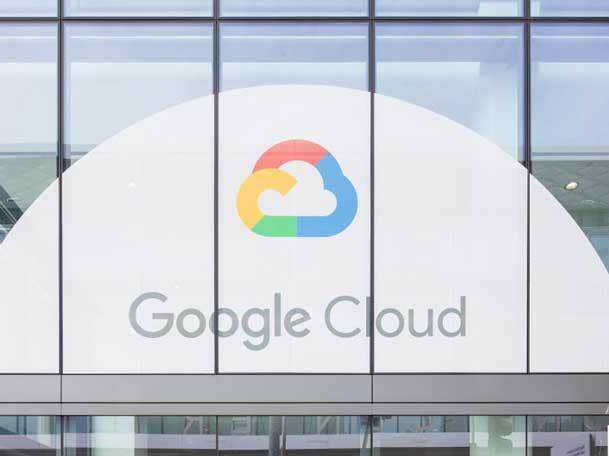Google Brings Aboard Execs To Ramp Industry Engagement Strategy
Lori Mitchell-Keller, former SAP president for industries, will take charge of a strategy to engage six target markets. George Nazi, an Accenture veteran, will take the lead on advancing Google Cloud’s telecom and media biz.

Google Cloud has brought on two new executives to drive its strategy of engaging enterprise customers in targeted industries.
Lori Mitchell-Keller joined the third largest public cloud provider in the newly created position of vice president for industry solutions. The former SAP exec reports directly to Rob Enslin, previously SAP’s cloud chief who took over Google’s customer-facing operations last year.
George Nazi comes to Google from Accenture, where for almost seven years he was a senior managing director for the consulting giant’s communications and media practice. Nazi replaces John Honeycutt, who took a personal sabbatical, and he will report to Mitchell-Keller.
[Related: How Thomas Kurian’s ‘Quite Simple’ Strategy Is Transforming Google Cloud]
The new executives will play a large role in leveraging Google’s channel to advance Google Cloud CEO Thomas Kurian’s strategy of better aligning with six specific vertical markets: financial services; health care; manufacturing and industrial; public sector; retail; and media, telecommunications and entertainment.
“I’m excited to work with Google Cloud’s channel partners to help our industry customers transform business models and entire industries,” Mitchell-Keller told CRN. “I look forward to building strong relationships with our partners to ensure we’re building the right solutions that help them continue to grow and succeed.”
Scott Jensen, client partner director at Los Angeles-based Google partner SADA systems, said the new execs will help Google and partners like SADA push deeper into broad strategic relationships with large enterprise customers.
“It is immensely important to have industry-expert teams engaged at every level of our select vertical customers,” Jensen told CRN. “We collectively build teams with a dedicated charter to advise on leapfrog-thinking business solutions with Google Cloud technology, specific to these industries.”
Mitchell-Keller has proven her ability to bring global industry innovation to the market. Her hire “amplifies Google Cloud’s high-relevancy customer positions to the ever-growing large vertical customer base of Google,” Jensen said.
And Nazi will bring more attention to Google’s fast-growing base of telecom and media and entertainment customers, a market SADA has focused on serving, he added.
“With the global size and importance of both of those, they will be looking to scale their impact. For sure, they'll be enabling the ecosystem for partners who will not just carry ongoing solution motions, but who will bring an umbrella look at all the Google properties and services,” Jensen said.
And as the new Google Cloud leaders look to enable the channel, they should focus on delivery of managed, higher-level Google Cloud services, he said.
Mitchell-Keller has more than 25 years of experience in the retail, distribution, and software industries.
Previously, as a president at SAP, she led the software giant’s sales and partner go-to-market efforts across 20 industries.
Google said, working out of Reston, Va., Mitchell-Keller will “set the vision, mission and strategy for our six priority industries.” That includes leading a team that develops new industry solutions and working with vertical-focused marketing and sales teams.
Nazi will lead Google’s fast-growing telco, media and entertainment business, crafting the strategy for that vertical and responsible for its execution. Based out of Brussels, Belgium, he will work closely with Google Cloud’s artificial intelligence team.
Prior to Accenture, Nazi was executive vice president of Alcatel-Lucent and also the telecom equipment vendor’s president for global customer delivery. And before that, he worked at BT as president of networks and IT infrastructure.